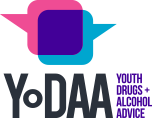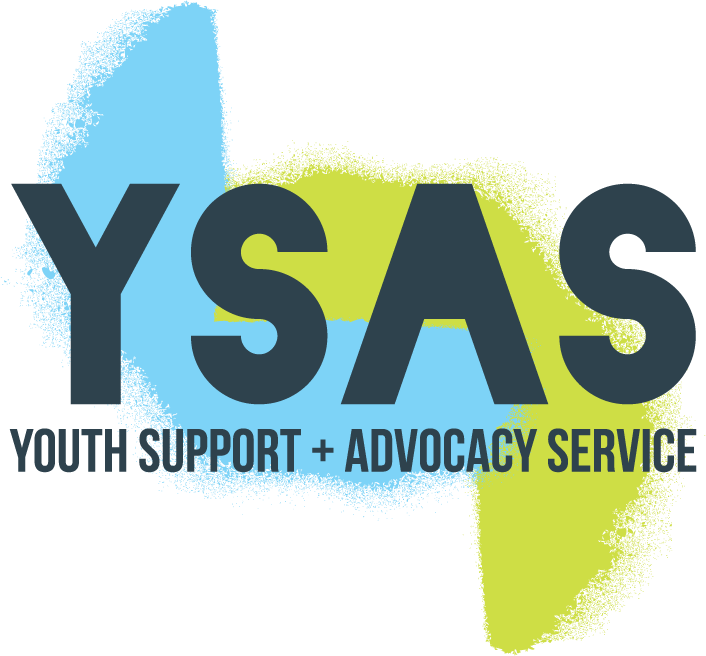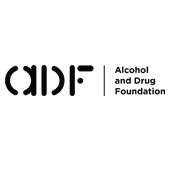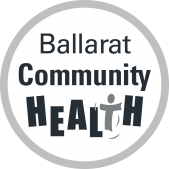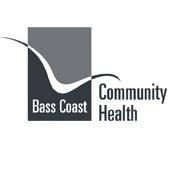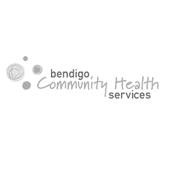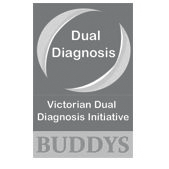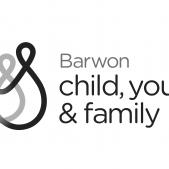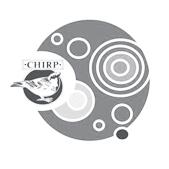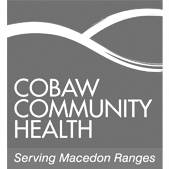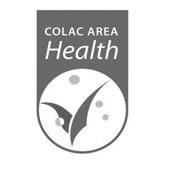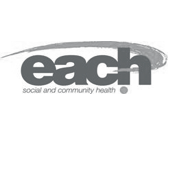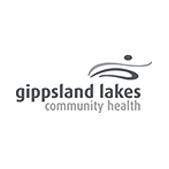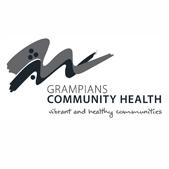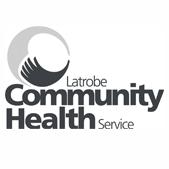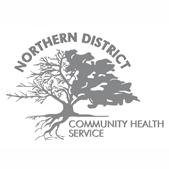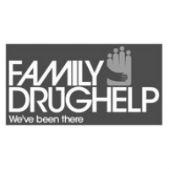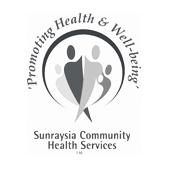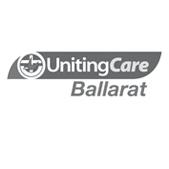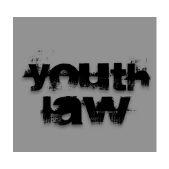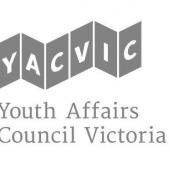Drug Facts
Opiate painkillers-Fast facts for families
Opiates give powerful relief to physical and emotional pain. Signs that someone has used recently include feelings of wellbeing, relaxation and sleepiness
WHAT?
Opiate painkillers refer to all medications that are derived from the opium poppy or made synthetically to mimic the effects of natural opium.
They act powerfully to reduce pain and are commonly prescribed after surgery or for people with painful medical conditions.
They are also available on the street. Non-prescribed use of the more powerful forms is illegal.
OTHER NAMES?
Tylenol III, Demerol, Vicodin, Percocet, morphine, hillbilly heroin, Oxycontin, Oxycodone, MS Contin, oxies, Panadiene, Panadiene Forte, Codiene, Mersyndol, captain cody, schoolboy, doors and fours, loads, M, monkey, white stuff, demmies, pain killer, apache, China girl, goodfella, jackpot, TNT.
SIGNS THAT SOMEONE MIGHT BE USING OR DEALING IN MY HOUSE
Opiate Painkillers come in pills or capsules and liquid form and are usually swallowed but can also be injected, snorted or absorbed into the skin via a patch.
Codeine, a common opiate is available in tablet and liquid form, often combined with other medications (such as in a cough syrup) and depending on the strength is available at a pharmacy without prescription. Medicine bottles, boxes and blister packs as well as scripts (prescriptions) could all be signs of opiate painkiller use.
Opiate painkillers refers to a whole family of drugs and many different brand names.
HOW COMMON IS USAGE?
In 2010, 3 per cent of the Australians aged 14 years and over had used pain killing medications (some of which were opioids) for non-medical purposes in the previous 12 months (National Drug Strategy Household Survey, 2010).
HOW CAN I TELL IF A YOUNG PERSON IS USING?
Opiates give powerful relief to physical and emotional pain. Signs that someone has used recently include feelings of well-being, relaxation and sleepiness. Opiates can also cause constipation, vomiting, sweating and itching.
A young person who takes opiate painkillers daily (regardless of whether it is prescribed or not) may experience anxiety, agitation, cravings and stomach-flue like symptoms if they suddenly do not have access to the medication. This can progress into more severe withdrawal symptoms. A young person should be referred to medical care as soon as possible.
People have died from overdosing on Opiate Painkillers. Shallow breathing, bluish lips, inability to be roused or woken indicate a medical emergency and 000 should be called immediately.
Didn’t find what you are looking for? We know families and carers can be pretty worried when they are looking for info so we’ve just given you the most relevant fast facts for families and carers. For a more comprehensive guide we recommend the ADF’s info.
